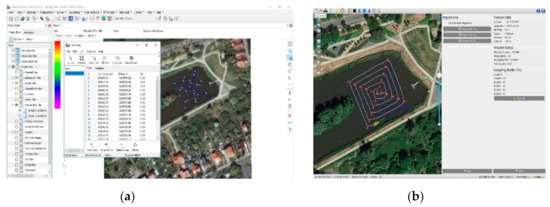


Write your own program to perform large scale I/O operations and quantify the overheads. Allocated Persistent Storage on Co-Processor (b).Īsynchronous data transfer from the coprocessor to the processor (c). Write your own program for Matrix-Matrix Multiplication based on Block-partitioning of input matrices and use the Xeon-Phi Programming Environment features such as (a). Write your own program for NLA kernels with and without array operations using vectorization features
#Hypack roller how to
Write your own software modules for NLA kernels using Intel MKL with (a) compiler assisted offload (b) Reusing data that already exists in the memory of the coprocessor helps to reduce transferring data for an example which illustrates how to perform multiple operations on a single set of input matrices Obtain the performance for Vector into Vector Multiplication and Matrix into Matrix Multiplication using Intel MKL Libraries on Intel XeonPhi Coprocessors & Automatic offload & Compiler-Assisted Offload You can use SIMD Directives & IVDEP Directives /PRAGMAS to assist for VECTORIZATIONġ.6. Analyze Vectorization reports & summarize the performance issues for different problems size of your code.

Write your own suite of programs for NLA Kernels (Vector-Vector Addition, Matrix-Matrix Addition), using vector aligned data features of Intel Xeon-Phi using declspec(align(*)). Analyze the Vectorization reports and summarize performance issues for different problems size. Write your own software modules for NLA kernels using various clauses of SIMD Directives.
#Hypack roller code
Write your own Matrix Multiply Code using Intel MKL Thread Affinity on Intel Xeon-Phi Coprocessors Write your own Matrix Multiply Code using OpenMP Pragmas based on OpenMP thread affinity on Intel Xeon Phi Coprocessor. Summarize the performance and scalability issues for various problems size of your code. Write your own software modules for NLA Kernels using compiler auto-parallelization features of Intel Xeon-Phi and analyze the GAP generated optimization reports. (loop optimization pragmas/directives) Automatic offload & Compiler-Assisted Offload Write your own program for NLA kernel codes with or without use of Intel MKL libraries, using Intel Compiler Write your own program for NLA kernel codes using auto-parallelisation features on Xeon-Phi Coprocessors.Īnalyze the compiler generated optimization reports for various problem sizes for typical matrix-matrix multiplication algorithms and obtain maximum achievable performance Mode-3 : HPC Cluster with Intel Xeon Phi Coprocessors : The description of the hardware of the Intel Xeon Phi coprocessor through information about the basic programming models may assist the developer to port the applicaitons in an easy way.Īlso, the information about porting programs and strategies how to analyze and improve the performance of applications is discussed. Understanding Intel's MIC architecture and programming models for the Intel Xeon Phi coprocessor may enable programmers to achieve good performance of their applications. Participants will get an opportunity to walk-through and execute Performance tuning aspects, System Overview of Threading, Software tools, and offload pragmas. The hyPACK-2013 programme is aimed to understand the practical aspects of performance enhancement through software multi-threading on Intel Xeon-Phi coprocessors focusing on thread Programming, The example programs are made available to the participants in the laboratory session. Intel Xeon Phi Coprocessors in order to achieve the best sustained performance of NLA and application Kernels. Topics dealing with all practical and experimental aspects of various programming paradigms are considered on


 0 kommentar(er)
0 kommentar(er)
